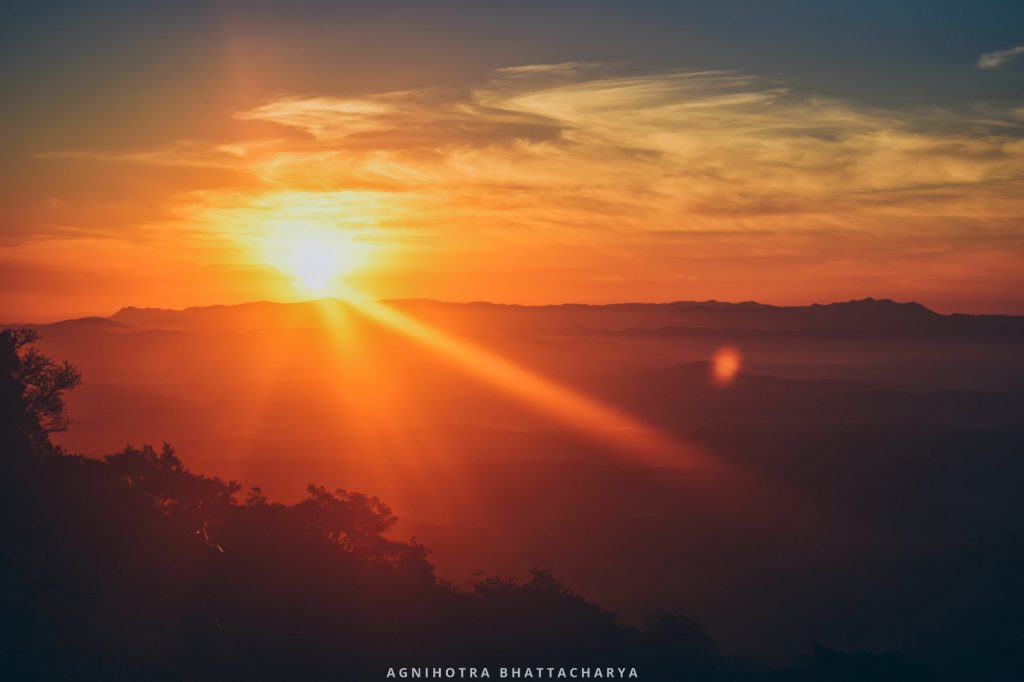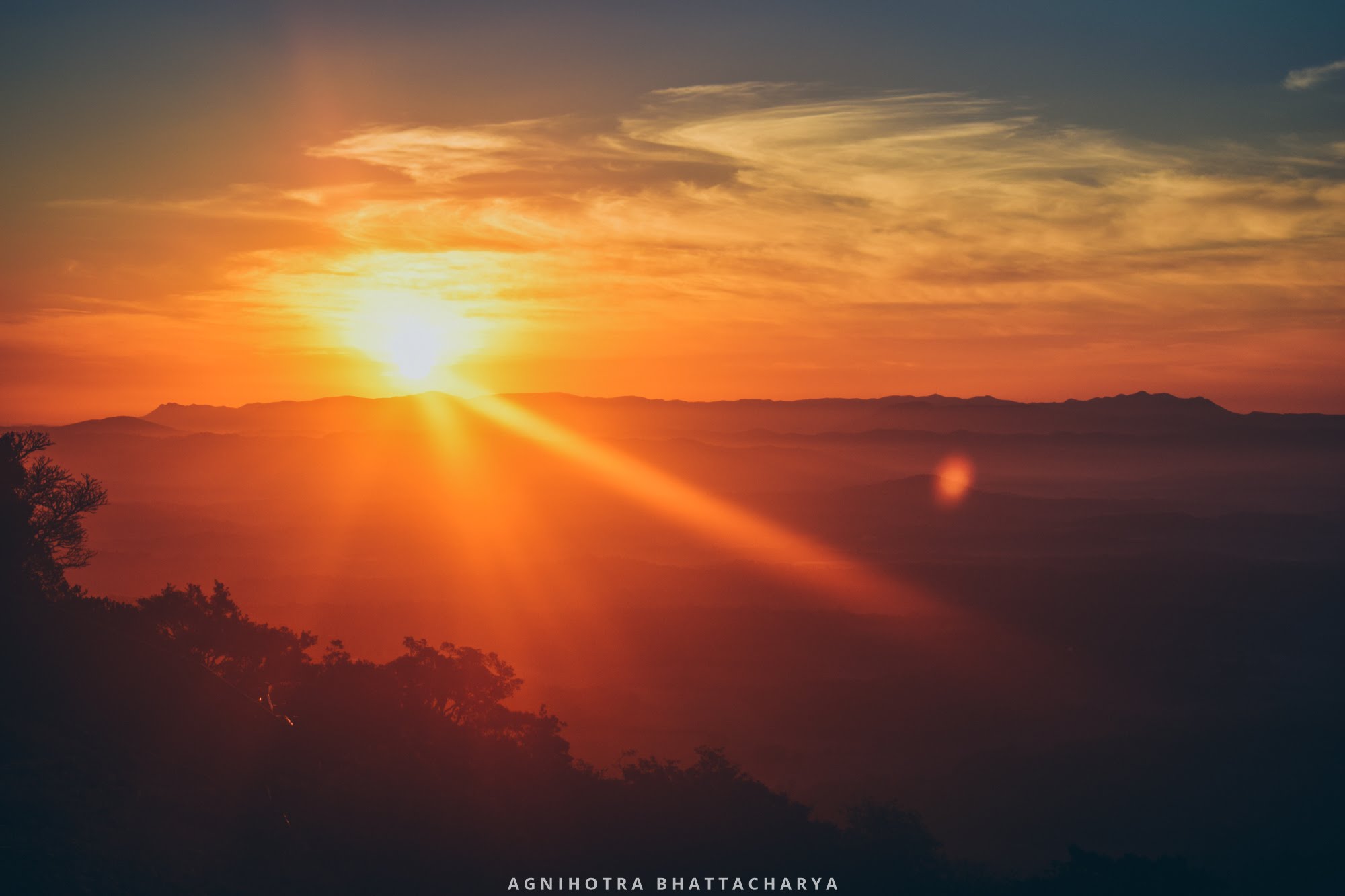
Have you ever thought of how you would fare as the sustainer of the universe? Answering to the needs of billions on this planet alone seems impossible for a single entity to handle. No matter if this entity is an all-knowing, almighty being. After all, chaos is a force of nature that is present in everything, animate or inanimate, and cannot be controlled. It might be quite puzzling for you to comprehend when someone declares that this job is too difficult for even God to handle. So let us test this theory out in the sandbox.
Coders know the sandbox as a virtual testing ground where a code’s functionality can be tested in a secure environment. For you to simulate the conditions of God, let’s take into consideration a sandbox in its literal sense as well. Since this is your first time playing God, start with just worldly sustenance
The first task in hand is creating your world. So now you have the foundation for your world, which is the sand. Then comes figuring out which organisms are perfect for the emerging ecosystem. You decide that ants are the perfect candidates. So you introduce ants into the sandbox (doesn’t matter which species, this is just the beginner level). The sandbox is the ideal ecosystem for ants since they require sand to build their colony. The next requirement would be water and food. But ants get their water from the food they consume, so brownie points. Hence, you accommodate smaller organisms into the sandbox to satisfy their appetite. Now the previously singular population of the ants coexists with worms, in this case. The ants have all the requirements they need. But what about the worms? They require nourishment too, in the form of plant and decayed material. You then introduce plants that can grow in the sand. These plants now require water, which means you need to simulate the phenomenon of rain to water the plants. The worms feed off the plant matter and in turn, provide nutrients to the sandy soil. These nutrients along with the seeds of the plants that are dispersed by artificial weathering that you provide, help in the growth of more plants. Thus, more food for the worms, and ultimately more food for the ants. You have now successfully created a balanced ecosystem for your world.
The hardest part is maintaining the balance. The ants are not prey to anyone. Thus their population is not kept in check. Their numbers increase exponentially. Soon the ratio of worms to that of ants becomes low. To curb their overpopulation, you introduce a predator that feeds on the ants. And to make sure that a balance is established, you make sure that the predator is omnivorous. Thus the ratio is kept in line. Meanwhile, the emergence of new microbes from the decayed plant matter leads to a fatal illness among the ants, which in turn leads to a decrease in their numbers. You now have to choose between letting the predators feast on their prey, and getting rid of all the predators so that the ants don’t undergo extinction. On a purely experimental basis, you decide to let nature take control. The numbers of the ants diminish to such an extent that they retreat to their colonies for protection. Thus the predators turn their full attention to the plants. Now the predators start aggressively consuming the plant matter which was initially for the worms, meaning there’s less food for the worms. This leads to a dip in their numbers. You realize that the predators need to be wiped out for the survival of the other two populations. And then as the hand of God, you smite upon them, like the meteor that led to the doom of the dinosaurs. After their eradication is complete, the numbers of the ants and worms are replenished. And yet again, the ants face overpopulation, and yet again……
Can you see how your world is stuck in an endless cycle of imbalance? No matter how much you influence the elements or the ecosystem, the living part of your minuscule world cannot be under your control. This is because of a little something that every living thing possesses in varying amounts called free will. This component is responsible for those behavioural complexes that no one can explain. It is why you have the power to pursue whatever crazy venture you come up with, to punch the caretaker of your hostel in the face and run outside on the last day, to try and make it rain with a rain dance, to try and go Super Saiyan (*the writer of this article has tried and failed miserably in this and wishes success for no one in this particular endeavour*) and so much more. Free will is what makes life glorious.
So in this context, let us assume that God does exist in all His/Her metaphysical glory. Then there’s a very good chance that either God cannot mess with our free will, or He/She chooses not to. That would lead to questioning God’s omnipotence, but let us not digress. What’s important to note is that because our free will cannot be touched, God’s plan is bound to have a few dents because of our unpredictable nature. So how can we blame Him/Her if our civilizations go to ruin, or if our world faces disaster? The simulation is proof enough to show how hard it is to play God, that too in such small scale. Now imagine global sustenance, with billions of people and billions of other organisms. The next step would be of the cosmic maintenance. Billions of other worlds possibly teeming with life, just like ours. With all this in God’s domain, can you truly speak ill of Him/Her if the evils that have befallen our world are not under control? The only solution for truly satisfying your demands from God is to take away your free will. And is that what you truly want?
If those who say they believe in the existence of God are to disrespect His/Her actions, it isn’t questionable of God’s power or purity, but to the power of their belief in Him/Her. For all we know, maybe God is just trying to do what’s best for us all, at least in the long run. Or maybe for Him/Her, the whole universe is just one giant sandbox.
– Sanjay Kumar for MTTN
Photographed by Agnihotra Bhattacharya for MTTN

Leave a Reply
You must be logged in to post a comment.